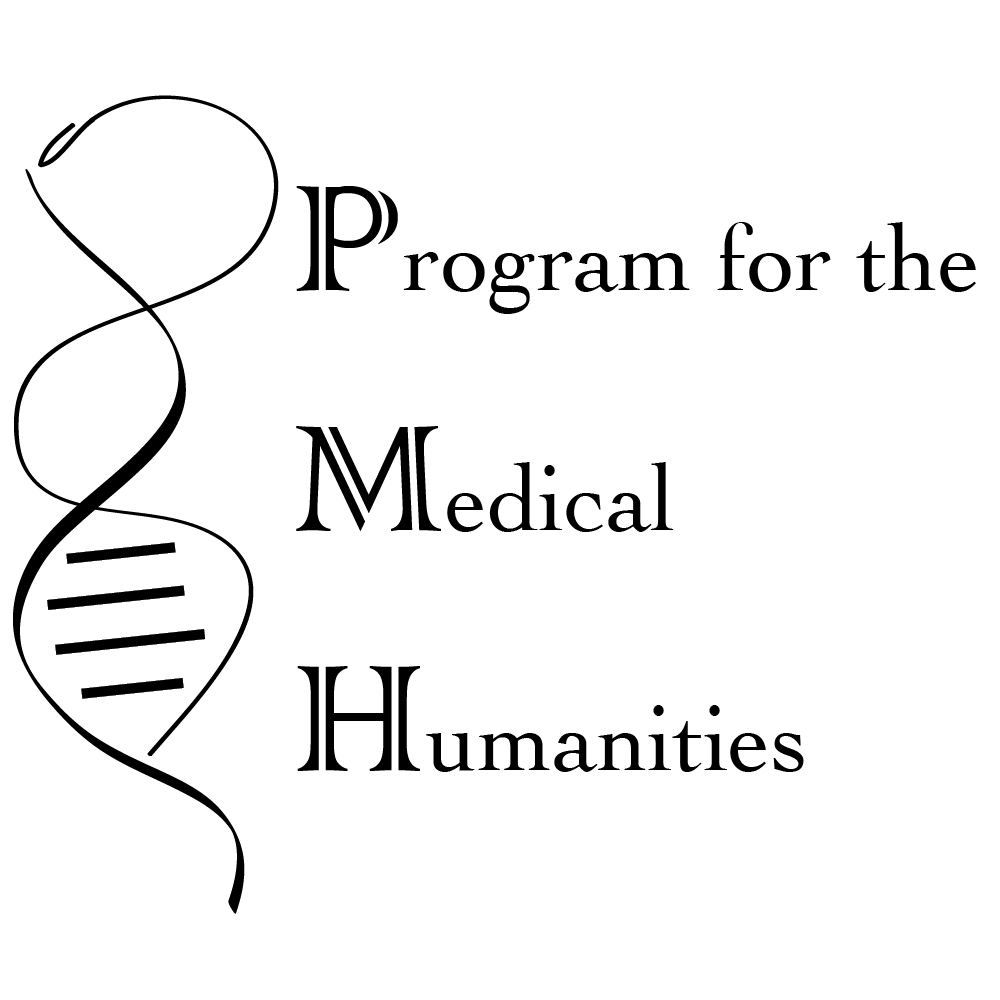In the aftermath of the Fukushima accident, the focus has been mostly on the machine and how to support the machine with other machines…. better protection from severe external events, strengthening back-up power supplies (from diesel generators to longer battery life), strengthening the regulations and controlling hydrogen, among others. But what about the people involved? When Professor Ahn asked me to give a lecture at this summer school, and I began to look more closely at what happened, I decided to focus more on the people than on the machine. I began my lecture by saying, “Most of the other lecturers will be talking about the machine, so I am going to do something very different, I am going to talk about the people… and this means you! And some of you may get angry and argue with me, and say that I don’t know what I am talking about, and some of you may be astounded and say, wow, why didn’t I think of that, or yes, this feels right and want to know more. In either case, I will consider the talk a success!” And so to you, the reader of this paper… whether you agree or disagree, my goal is to make you think beyond the machine… to think about the people involved… and what all this means for the future of nuclear energy. I hope this paper is a first step at making the implicit assumptions, values and beliefs we hold regarding the nuclear endeavor explicit. . . and we begin to recognize this was as much a people accident as a machine accident.
[/members]
-
[members]
- Kastenberg | Posted on: 26 March 2012 [/members][members]
- Kastenberg | Posted on: 18 June 2012 [/members][members]
- Final Draft Fukushima Paper | Posted on: 30 November 2012 [/members]







